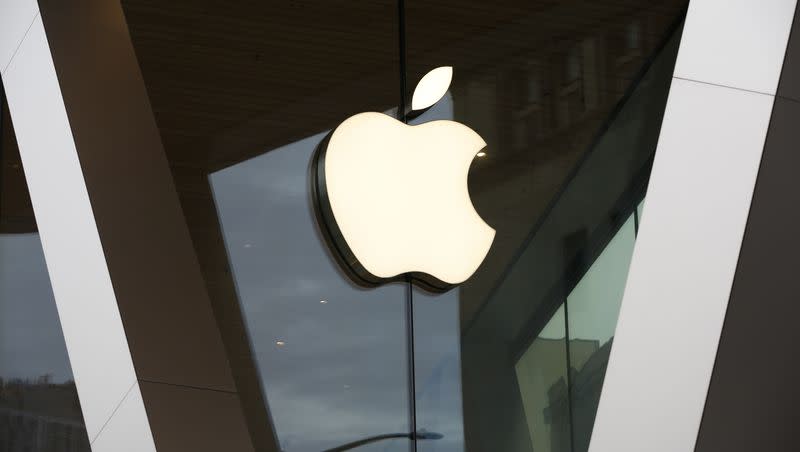Apple launches a pay later service

Apple is joining the buy now, pay later trend.
The tech company announced on Tuesday the new Apple Pay Later, which allows customers to make purchases then make payments on over time.
According to the Apple Newsroom, “Apple Pay users can split purchases into four payments with zero interest and no fees.”
How will Apple Pay Later work?
Users can request a loan from inside the Wallet app, and if they get approval, users repay the amount of the purchase broken up into four installments over a six week period, absent interest or fees. Users will have to connect a debit card for the repayments, as credit cards will not be allowed for repayment on Apple Pay Later, per the Wall Street Journal.
The loans will “range from $50 to $1,000,” The Washington Post reported.
“There’s no one-size-fits-all approach when it comes to how people manage their finances. Many people are looking for flexible payment options, which is why we’re excited to provide our users with Apple Pay Later,” said Jennifer Bailey, Apple’s vice president of Apple Pay and Apple Wallet, in a statement. “Apple Pay Later was designed with our users’ financial health in mind, so it has no fees and no interest, and can be used and managed within Wallet, making it easier for consumers to make informed and responsible borrowing decisions.”
More and more companies and customers are seeking services that provide payment installment options for purchases in similar price ranges as what Apple will be offering. Some of those include Affirm, Klarna and Afterpay as a way for consumers to “stretch budgets at a time of high inflation and broader economic uncertainty,” according to CNN.
Are there concerns about buy now, pay later programs?
However, some experts and economists worry that those types of services could encourage shoppers to take on unnecessary debt.
One research specialist in payment systems for the Kansas City Federal Reserve told CNN that the payment installments method could make consumers feel like they’re paying barely anything, but the costs do add up, especially if the purchases aren’t something the consumer necessarily needs.
“So the possibility is that you could, in your mind, think of everything that you’re buying in those four installments and, as a result, take on more debt than you would if you had to pay for them in full each and every time,” Terri Bradford told CNN.
But a spokesperson for Affirm told CNBC that the payment method can work, as long as the company completing the transactions doesn’t charge interest or fees.
“More transparent and flexible payment options that can displace credit cards are good for consumers – especially when they have no late or hidden fees,” the Affirm spokesperson told CNBC.

